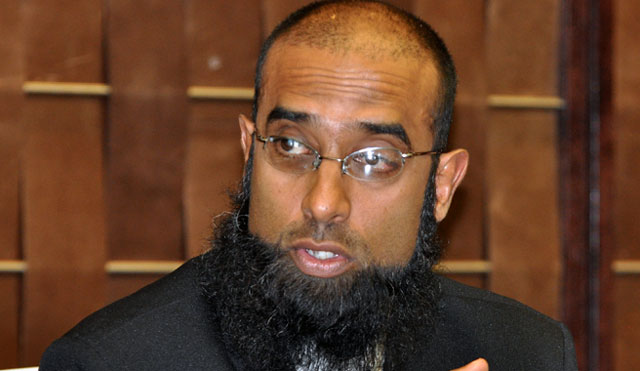
MTN has taken issue with the final call termination regulations announced by telecommunications regulator Icasa on Wednesday, saying the proposed “asymmetry” that benefits smaller operators is “unsubstantiated”.
Under the regulations, smaller operators, including Cell C and Telkom Mobile, will benefit from an aggressive asymmetry regime in terms of which they’ll pay MTN and Vodacom less to carry calls onto their rivals’ networks than the two incumbents will pay for calls in the other direction.
MTN South Africa CEO Zunaid Bulbulia says this amounts to competitive cross-subsidisation. Operators with less than 20% revenue market share stand to benefit from the skewed rate, which will be in force at least until early 2017.
“The call termination rates announced by Icasa represent a substantial departure from the 2010 call termination regulations which set an important regulatory precedent in relation to matters such as cost orientation of the rate-setting, a managed glide path and declining asymmetries,” says Bulbulia.
“MTN does not support the proposed mobile asymmetrical rates and believes these to be unsubstantiated. MTN will also have to scrutinise and consider a number of other due process concerns once the regulations are published. In this regard, MTN is considering all its options.”
On Wednesday, Vodacom slammed the final regulations, saying they would harm the operator and its customers. “We feel that the level of asymmetry is unjustified and that there is no clear basis for the differential,” Vodacom said. “The asymmetry is clearly a subsidy for the smaller operators.”
Vodacom CEO Shameel Joosub said in the statement: “I wish I could say this is a victory for the consumer, but it is far from it. This is a subsidy which in effect means that Vodacom will be charged more to call Cell C and Telkom Mobile than the latter will be charged to call Vodacom. This prejudices Vodacom’s customers, and rewards those who have not invested in their networks at the expense of those who have,” he said.
“We will consider our options in order to do our best to protect our customers and ensure that South Africa continues to get the network investment that it needs and deserves.” — (c) 2014 NewsCentral Media




